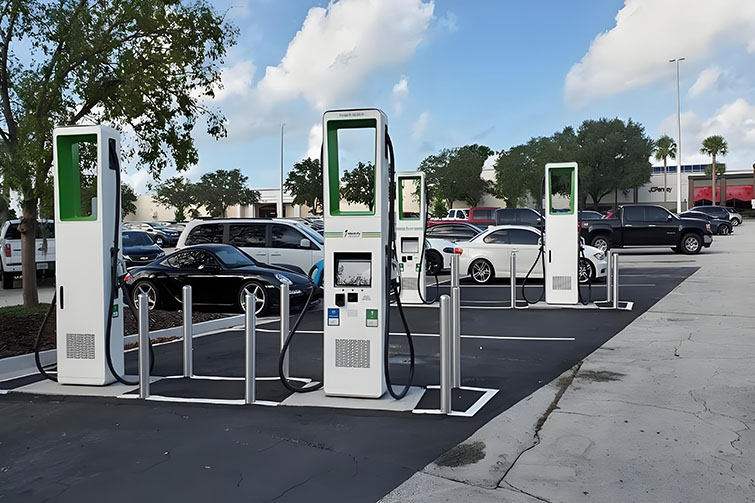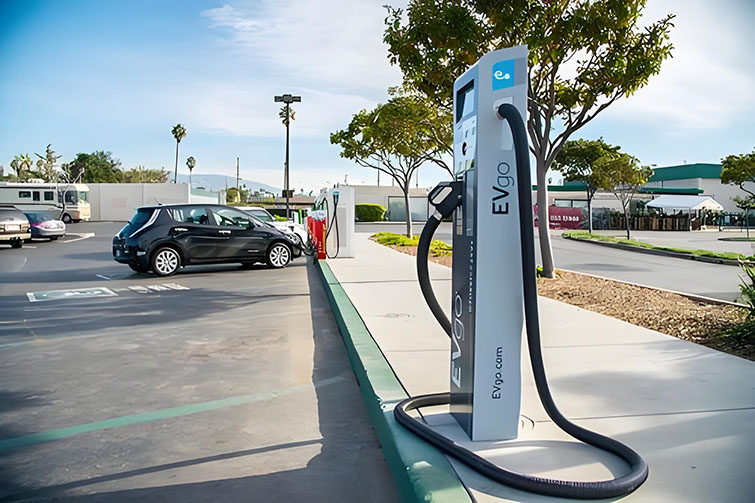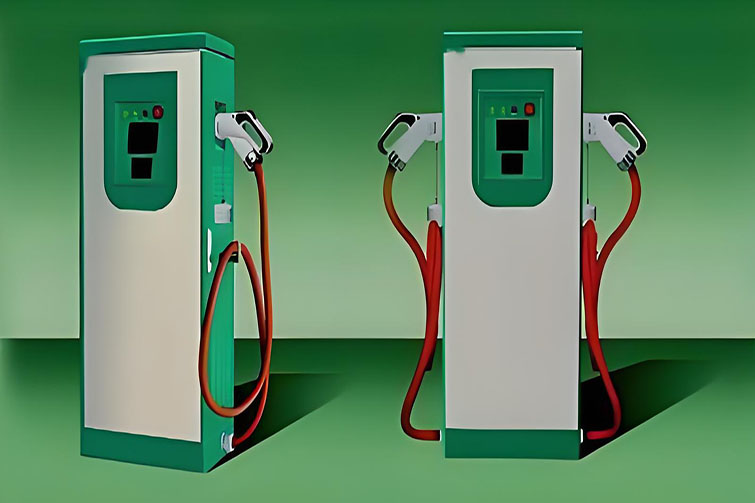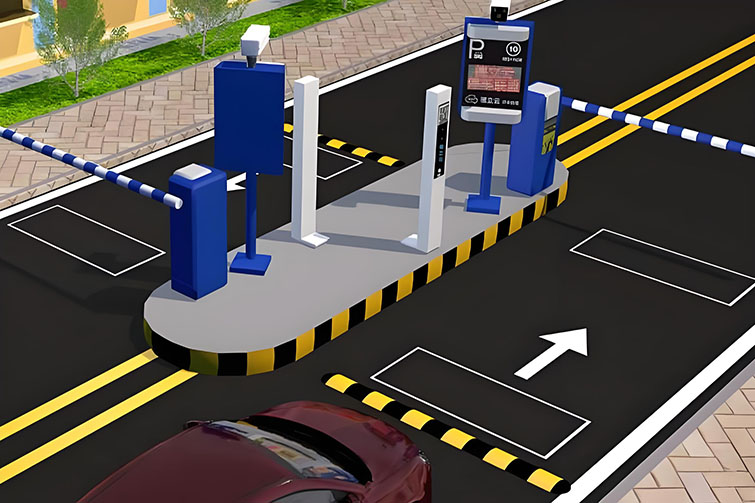

Comparative Review: Mobile Electric Vehicle Charging Service vs. Traditional Charging Stations
Electric vehicle ownership is on the rise, prompting a need for more accessible and convenient charging solutions. Among the options available, mobile electric vehicle charging services and traditional charging stations are the most discussed. This review delves into the characteristics of each, helping you decide which might serve your needs best.

1. Overview of Charging Options
- Mobile Electric Vehicle Charging Service: This service brings the charge to wherever your vehicle is parked, eliminating the need to drive to a fixed location. Mobile charging units are operated by professionals who deliver charging services directly to vehicles, making it a convenient option for emergency charges or when traditional stations are not available.
- Traditional Charging Stations: These are fixed installations located at public places, residential complexes, and workplaces. They offer a range of slow to fast charging options but require the vehicle owner to come to the station.
2. Accessibility and Convenience
- Mobile Charging: The primary appeal of a mobile electric vehicle charging service is its convenience. Services like “mobile ev charging service near me” enable on-demand charging without the need to plan around stationary locations. This is particularly useful in situations where EV infrastructure is sparse.
- Stationary Charging: While traditional stations may require some planning and travel, they are typically more numerous and are increasingly being integrated into more locations. This makes them accessible for regular charging needs, especially in urban settings.

3. Cost Implications
- Mobile Charging: Generally, mobile car charging tends to be more expensive than station-based charging due to the logistics involved in bringing the service to the vehicle. However, the premium might be worth the convenience for those who need immediate charging or do not have easy access to traditional stations.
- Stationary Charging: Traditional EV charging stations usually offer lower per-kWh costs due to their fixed nature and the economy of scale. For regular EV users, this can mean significant savings over time.
4. Environmental Impact
- Mobile Charging: The environmental impact of mobile electric vehicle charging can vary depending on the source of the electricity used by the mobile unit. Some services use renewable energy, which can reduce the overall carbon footprint.
- Stationary Charging: Traditional stations are more likely to be connected to the grid, which may or may not use renewable sources. However, their fixed location allows for easier integration with renewable energy sources like solar or wind power.
5. Future Prospects
Both mobile and traditional charging methods are likely to evolve. Mobile services might become more cost-effective with advances in technology and increased demand. Similarly, traditional stations are expected to become more widespread and potentially more integrated with smart grid technologies.
Conclusion
Choosing between a mobile electric vehicle charging service and traditional charging stations depends largely on your specific needs, such as convenience, cost, and environmental impact. While mobile services offer unparalleled convenience, traditional stations excel in affordability and environmental sustainability with potential upgrades. Understanding these facets will help EV owners make informed decisions tailored to their lifestyles.








